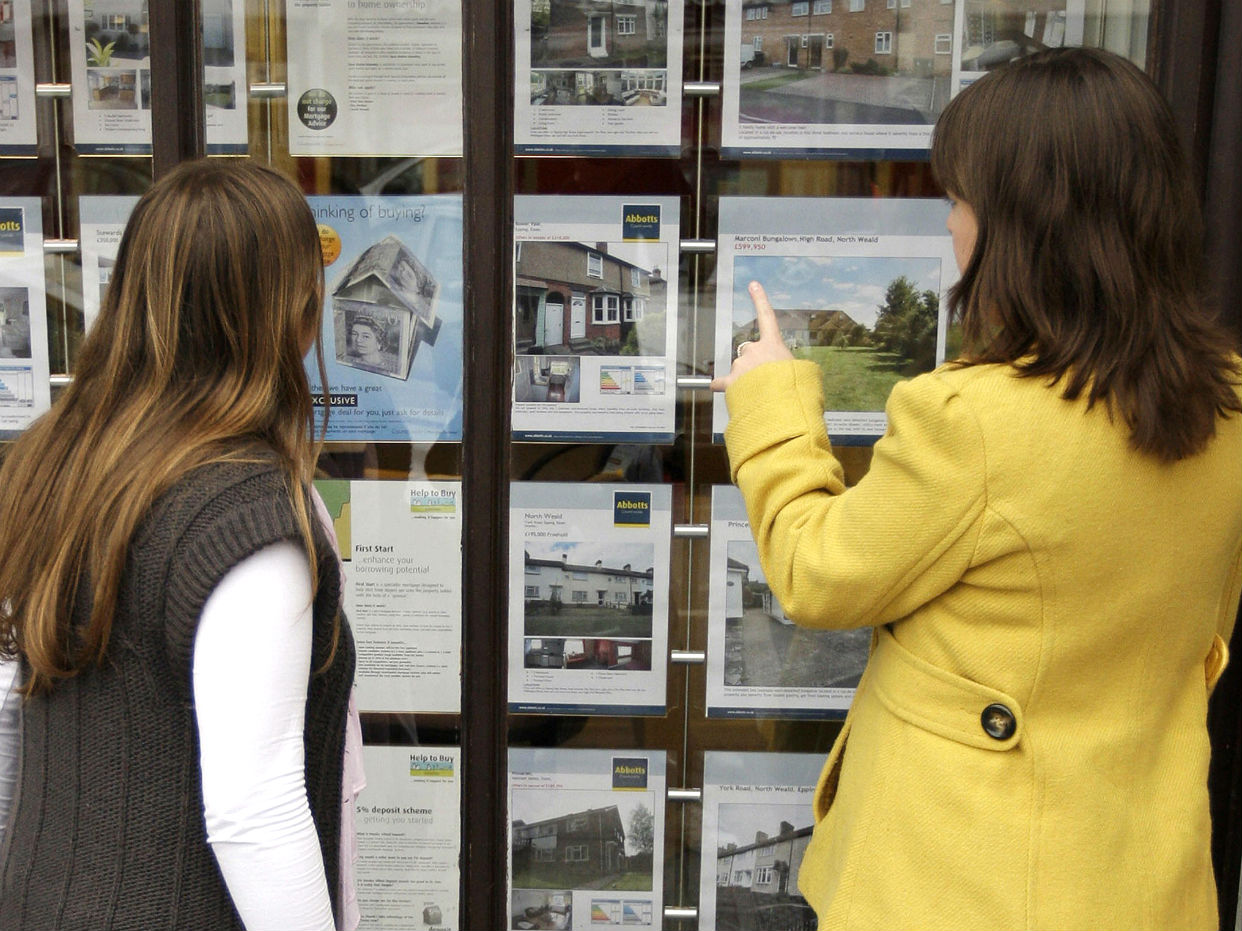Give all millennials £10,000 ‘citizen’s inheritance’, says think tank
Resolution Foundation argues payment would tackle generation gap by redistributing wealth to young

A free daily email with the biggest news stories of the day – and the best features from TheWeek.com
You are now subscribed
Your newsletter sign-up was successful
Britain must take urgent radical action to address intergenerational inequality, according to the Resolution Foundation.
A newly published report by the think tank’s Intergenerational Commission recommends that every 25-year-old be given £10,000 each in order to tackle inequality between millennials and baby boomers.
The proposal follows an “exhaustive, two-year examination of young Britons’ strained living standards and the elderly’s concerns about health and social care”, says the Financial Times.
The Week
Escape your echo chamber. Get the facts behind the news, plus analysis from multiple perspectives.

Sign up for The Week's Free Newsletters
From our morning news briefing to a weekly Good News Newsletter, get the best of The Week delivered directly to your inbox.
From our morning news briefing to a weekly Good News Newsletter, get the best of The Week delivered directly to your inbox.
The so-called citizen’s inheritance could help younger people get on the housing ladder, or fund vocational training, the report says. It would not be means-tested and would provide “up to half of a deposit for a typical property outside London, or vital capital to start a new business”, according to The Sun.
The funding would be raised through an overhaul of the inheritance tax system, with a new “lifetime receipts tax”, which would “double the amount of tax brought in”, the newspaper adds.
Alongside the citizen’s inheritance, the Commission recommends “lower stamp duty for people moving home, and billions more spent on health”.
Pensioners who own homes should pay more in council tax and National Insurance contributions, and pass on less of their estates tax-free, in order to fund giveaways for young adults and plug holes in NHS and care services, the report argues.
A free daily email with the biggest news stories of the day – and the best features from TheWeek.com
“It’s long been bizarre that pensioners who keep on working are excluded from paying NI,” agrees HuffPost’s Paul Waugh.
Commission panel member Carolyn Fairbairn, the director general of the Confederation of British Industry, said: “The idea that each generation should have a better life than the previous one is central to the pursuit of economic growth. The fact that it has broken down for young people should therefore concern us all.”
The study found that millennials - defined as those born between 1981 and 2000 - were only half as likely to own their own home by the age of 30 as had been the baby boomer generation, born between 1946 and 1965.
“Public support for the welfare state is based on everybody feeling that they get a fair deal, but austerity has impacted disproportionately on the young,” says The Times’s Rachel Sylvester.
Spending on working-age adults and children is set to be nearly 15% lower in 2022-23 than it was in 2010-11, while state support for pensioners will have increased.
Once tax cuts, as well as benefit reductions, are taken into account, “families in their 20s and 30s will see their annual household incomes fall by an average of £475 by the end of this Parliament, at the same time as over-65s see their incomes lifted by £35 a year”, says Sylvester.